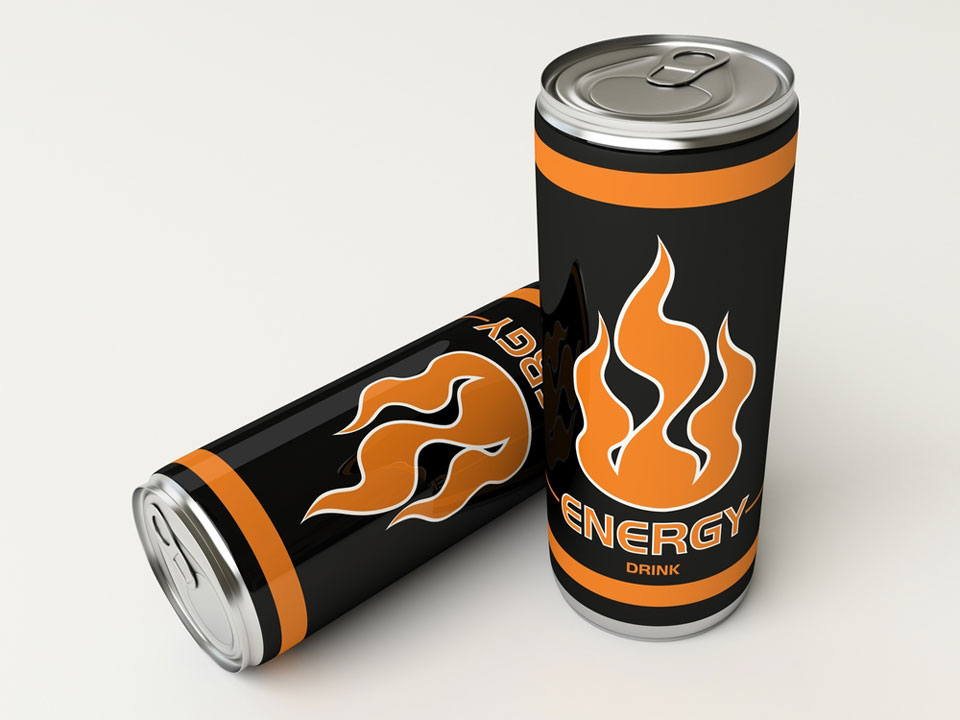Put Down the Energy Drinks Already

Energy drink illustration via Shutterstock.
An ultra-caffeinated energy drink usually seems like the best way to get through the afternoon doldrums. But in the wake of a lawsuit alleging that the popular energy drink Monster contributed to the death of a 14-year-old Maryland girl, questions are swirling about the safety of consuming these beverages.
Dr. Jacques Carter, a physician specializing in internal medicine at Beth Israel Deaconess Medical Center, says people should be careful with their consumption of energy drinks. “These drinks just have a lot more caffeine than typical colas and coffees and teas, and people don’t realize that,” he explains.
So why is it worse to drink a Red Bull than to, say, take multiple trips to the break-room coffee pot? Carter says it’s all about the concentration of caffeine. “It’s one thing for me to have three cups of coffee a day,” he says, “but if you knock down one of these drinks, you’re getting all of that at one time.”
Plus, energy drink caffeine levels hover dangerously close to the recommended intake for an entire day—200 to 300 mg a day for adults (the equivalent of two to four cups of coffee) and 100 mg a day for kids. An eight-ounce Monster alone has 80 mg of caffeine, and a two-ounce 5 Hour Energy has 207 mg, according to the Mayo Clinic.
Carter says this quick hit of caffeine is dangerous because the substance acts as a stimulant, and too much stimulation can lead to tachycardia, or racing heart, which potentially causes shortness of breath and even cardiac arrest. Energy drinks can have a larger impact on some people based on individual metabolic composition, he says, and they are especially dangerous for people who have preexisting cardiac conditions. “If you take someone who’s prone to an arrhythmia—that is some irregularity of the heart—and you in fact give them a drink that stimulates them too much,” he says, “they can actually cut short some of their normal protective mechanisms and go into really bad arrhythmia, flutters—things that will make it very difficult for them to breathe.”
Individuals with known cardiac problems are probably best staying away from energy drinks, especially since there is no concrete consensus about whether caffeine causes heart disease, Carter says. “I worry more about those people that either have a known history of cardiac arrhythmias or are prone to palpitations,” he says. “Those people are probably at increased risk with these.”
Though Carter says caffeine is the primary risk factor associated with energy drinks, he also points out that some brands contain other stimulants like ginseng, ephedra, taurine, and B vitamins, all of which have raised skepticism when consumed in conjunction with caffeine. Ephedra is especially troubling since the FDA banned the substance from being included in dietary supplements in 2004 based on its connection to heart attacks.
Though there are conflicting opinions about energy drinks, Carter says the safest thing to do is make the beverages an occasional indulgence, even for individuals without underlying cardiac problems. “Don’t drink two or three of these things at a time, because it’s going to be too much for you,” he cautions. “But if done in moderation for people who have no known risk, they’re probably going to be fine as long as they don’t overdo it.”


